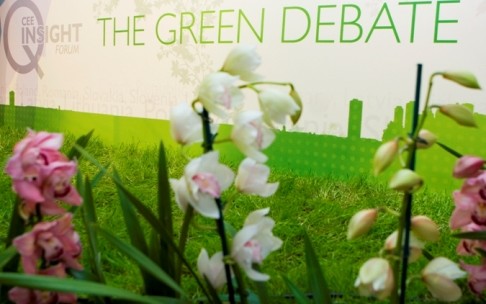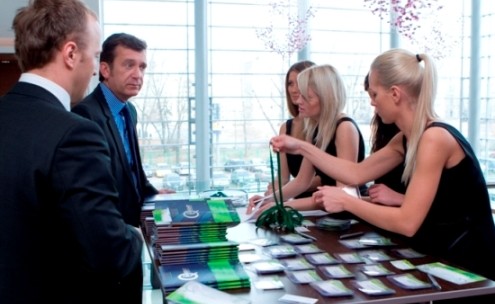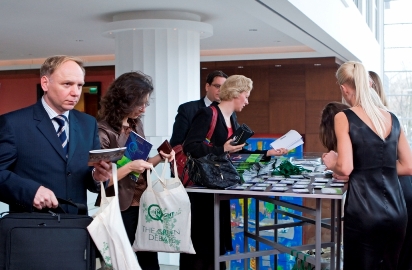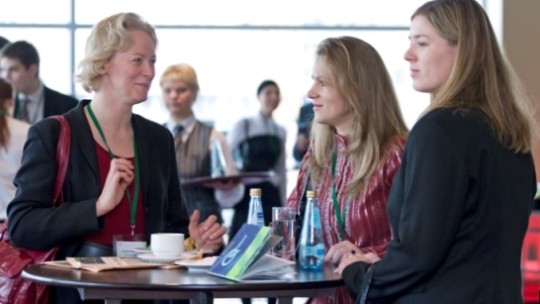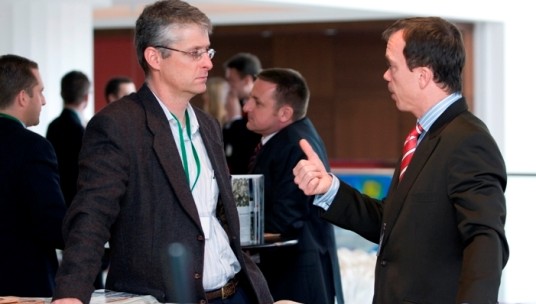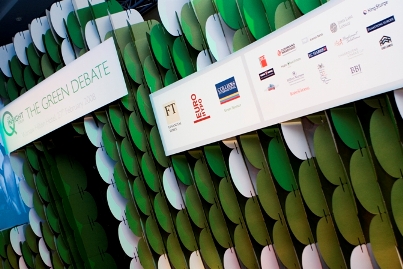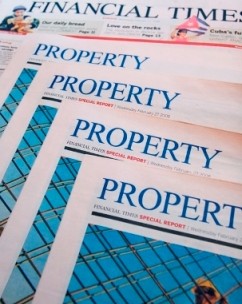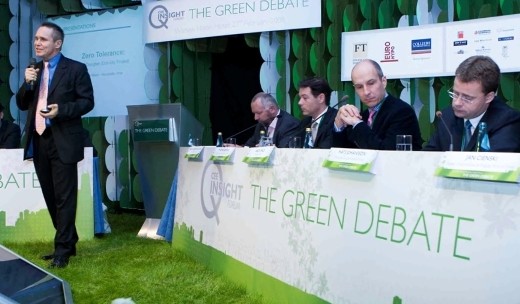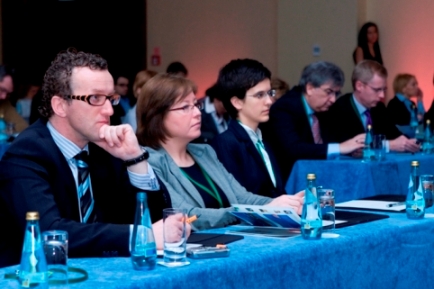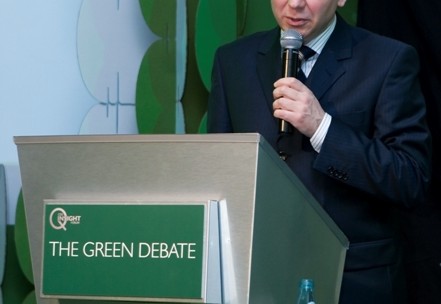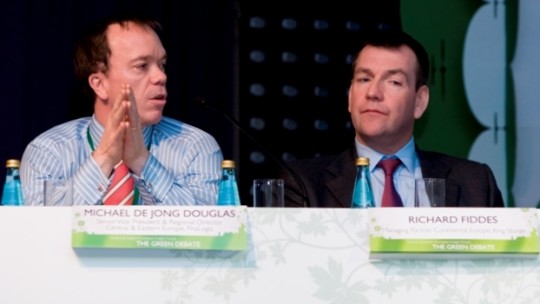The Green Debate
ETHICAL DUTY
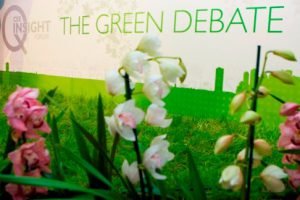 CEEQA was an early responder on the impact of environmental conservation on commercial real estate investment, and vice versa.
CEEQA was an early responder on the impact of environmental conservation on commercial real estate investment, and vice versa.
Our first CEE Insight Summit focused on sustainable development, The Green Debate held in February 2008 in Warsaw, was organised at a time when thought and action in sustainable development were a thing of the future, most investors and developers were wary of the business case.
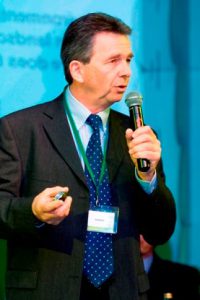 Working closely with the Sustainable Cities Research Institute, Union Investment, Arup and the City of Warsaw, we set out to clarify what the issue really meant, not just in the context of environmental duty but also in the context of opportunities and challenges for City planning (from public transport to energy supplies and building consents), and for commercial real estate operators under pressure to deliver administrative and business space for office tenants, retailers, hotel guests and logistics services, not to mention homes and hotels.
Working closely with the Sustainable Cities Research Institute, Union Investment, Arup and the City of Warsaw, we set out to clarify what the issue really meant, not just in the context of environmental duty but also in the context of opportunities and challenges for City planning (from public transport to energy supplies and building consents), and for commercial real estate operators under pressure to deliver administrative and business space for office tenants, retailers, hotel guests and logistics services, not to mention homes and hotels.
A Key Note address by Professor Bob Evans, Director of the Sustainable Cities Research Institute focused on the ethical case for greener building and impact of the built environment on climate change, the case for doing so resting strongly in the scientific and human self-preservation domain. Indeed the emphasis and focus at this stage of the sustainability game was far more on the ethical than the business side of it, and the need for everyone to play their part.
Leaders in the fog
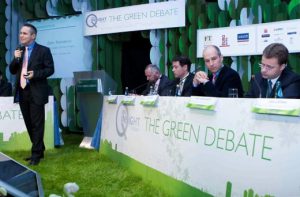 The meeting also included a case study examination by leading engineers Arup on the planned Dongtan Eco–City in China, demonstrating the technical ambition and capability required to meet the challenge. But the question left hanging in a panel discussion involving some of the Europe’s leading real estate experts and business leaders was whether private commercial investment could make the same ethical sacrifices for very long term gain that a state actor or City could?
The meeting also included a case study examination by leading engineers Arup on the planned Dongtan Eco–City in China, demonstrating the technical ambition and capability required to meet the challenge. But the question left hanging in a panel discussion involving some of the Europe’s leading real estate experts and business leaders was whether private commercial investment could make the same ethical sacrifices for very long term gain that a state actor or City could?
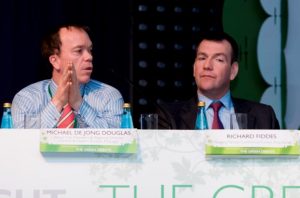 The clearest take-home from he meeting was that ecological or “ethical building”, as it was then called (the word “sustainable” wasn’t yet common currency), sounded great on paper and in the pub – but “how do we fit the cost premium into the business model?”
The clearest take-home from he meeting was that ecological or “ethical building”, as it was then called (the word “sustainable” wasn’t yet common currency), sounded great on paper and in the pub – but “how do we fit the cost premium into the business model?”
Building the business case
This was exactly what the investors said, almost unanimously, when pressed on how they could rise to the challenge. So Richard Hallward, Managing Director of CEEQA vowing to build a consolation network to excavate the business case for green building beyond ethical concerns to answer this question, resulting in the second Green Debate in 2011.
________________________________
PS: The Dongtan Eco-City was planned to open in 2010 with accommodation for 10,000, in time for the Shanghai World Expo. By 2050 the city was expected to be one-third the size of Manhattan, with a total planned population of 500,000. However, the project has fallen behind schedule, and no construction has taken place yet.
________________________________
KEY NOTE: Professor Bob Evans, Director of the Sustainable Cities Research Institute UK
SPEAKERS: Leszek Drogosz, Deputy Director of Infrastructure, City of Warsaw; Thomas Beyerle, Head of Research, Union Investment Real Estate
PANELISTS: Matts Johansson, Managing Director, Skanska Poland; Michael de Jong Douglas, Managing Director CEE, Prologis; Pawel Debowski, Partner, Clifford Chance; Jan Cienski, Central Europe Correspondent, Financial Times; Richard Fiddes, Managing Partner Continental Europe, King Sturge
MODERATOR: Richard Hallward, Managing Director, CEEQA.

